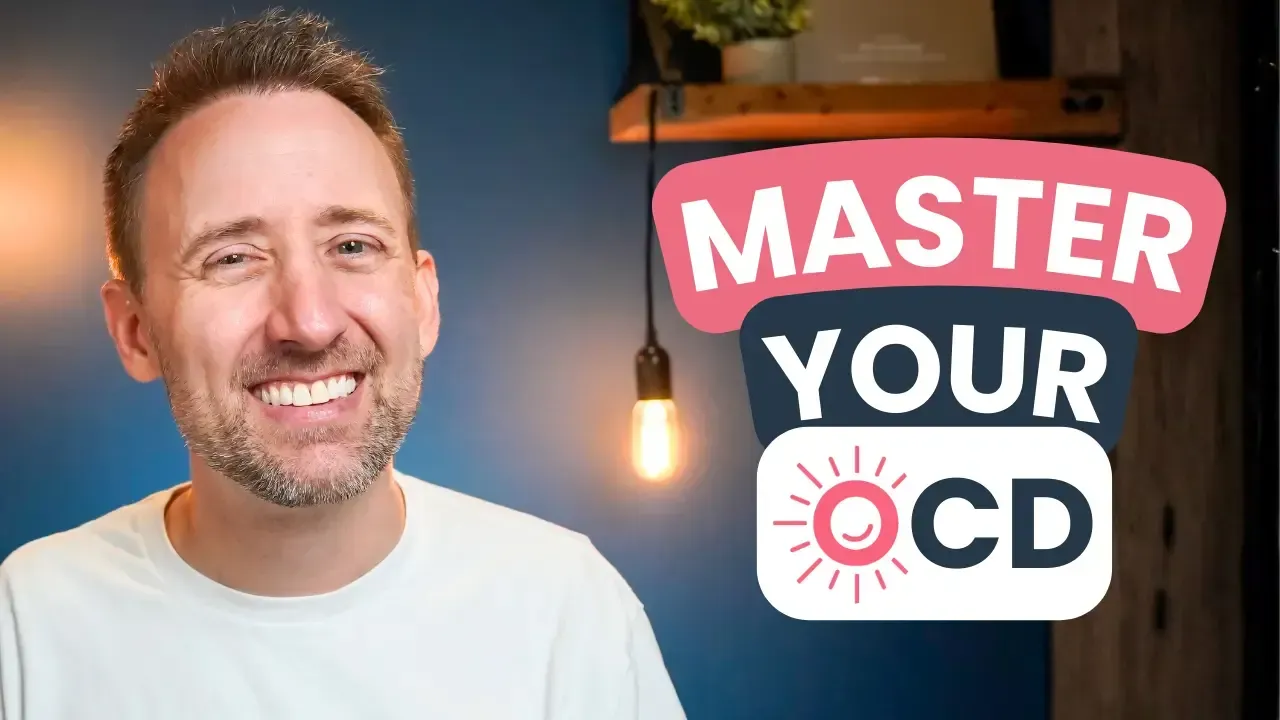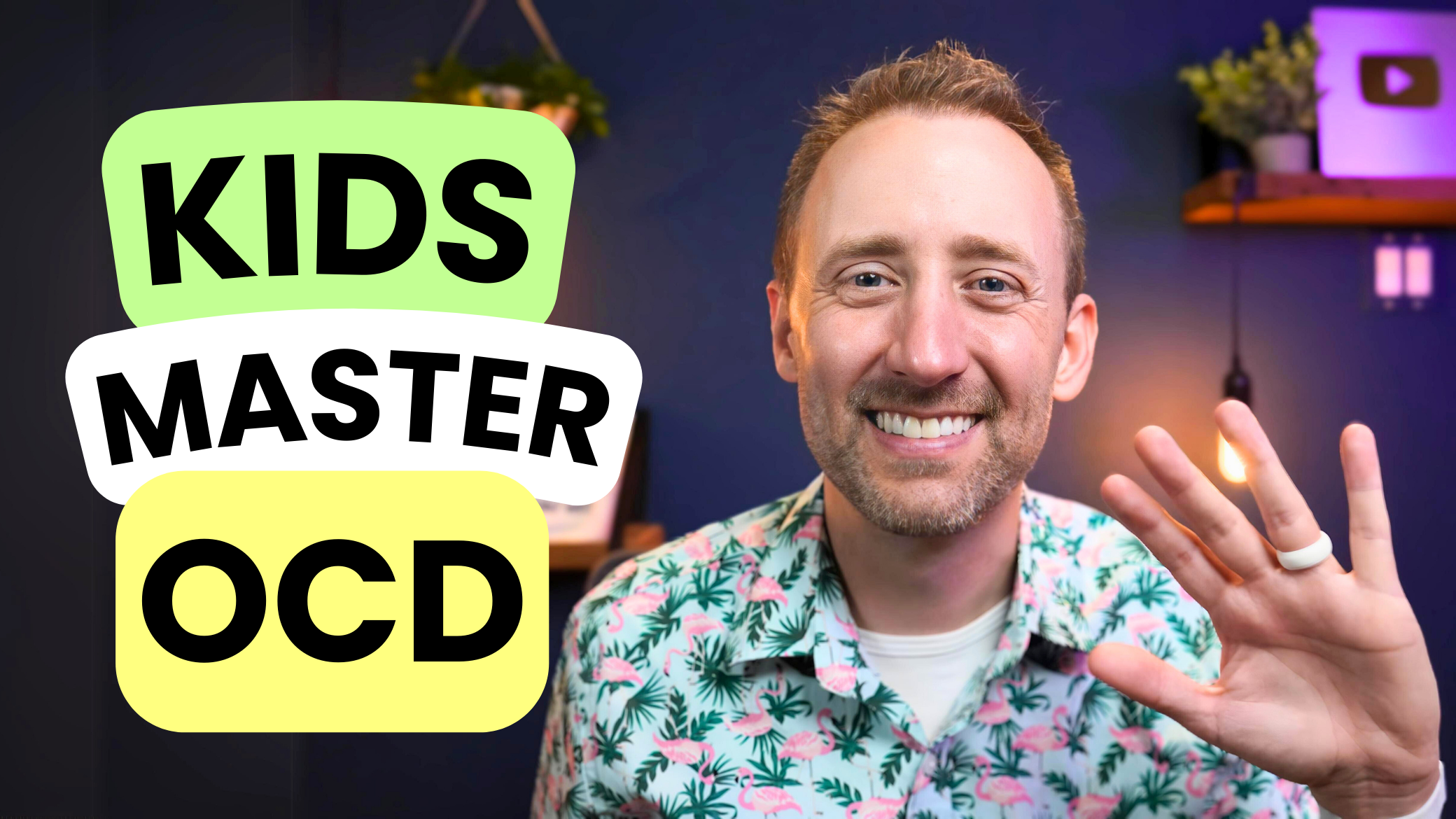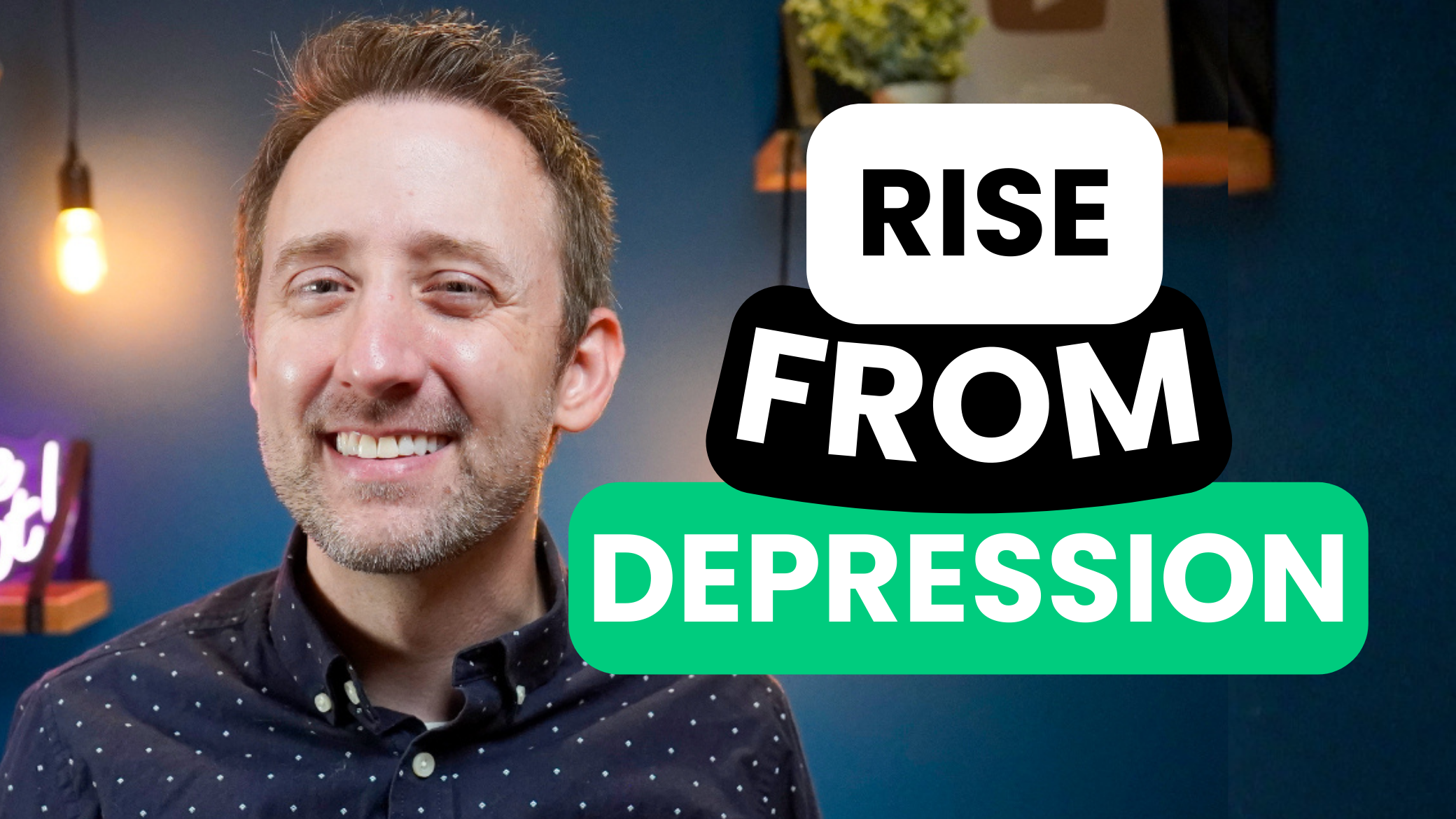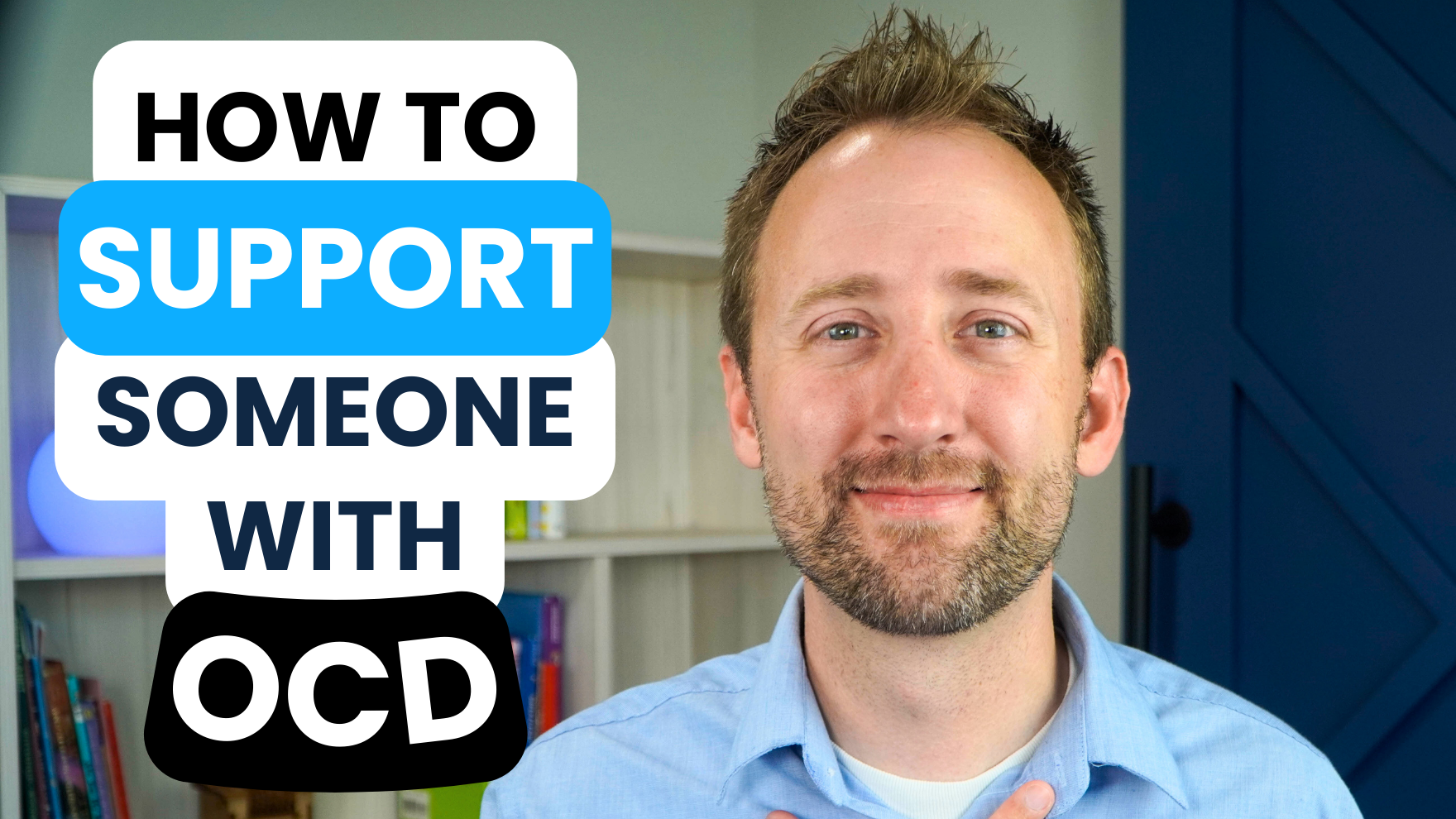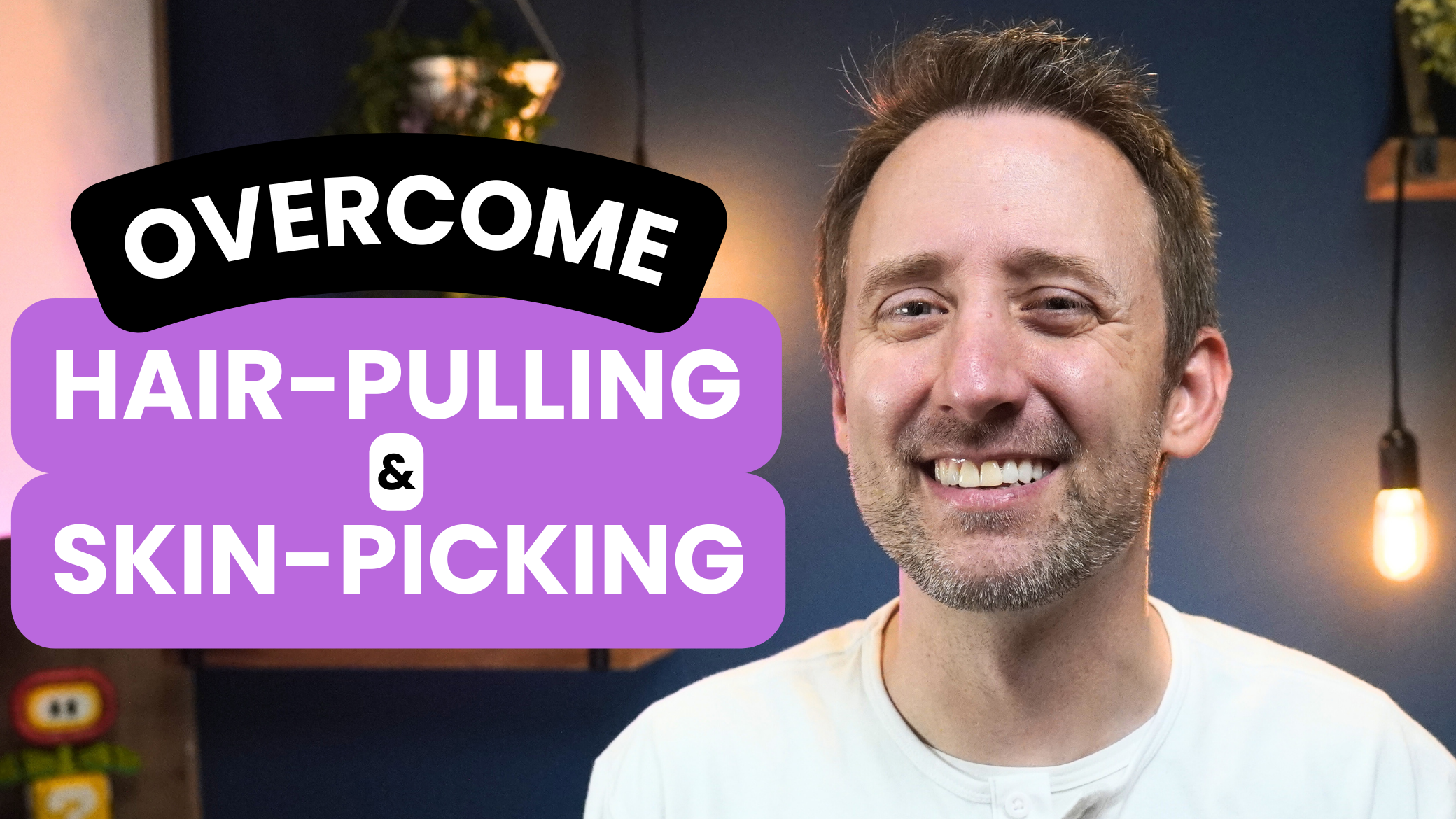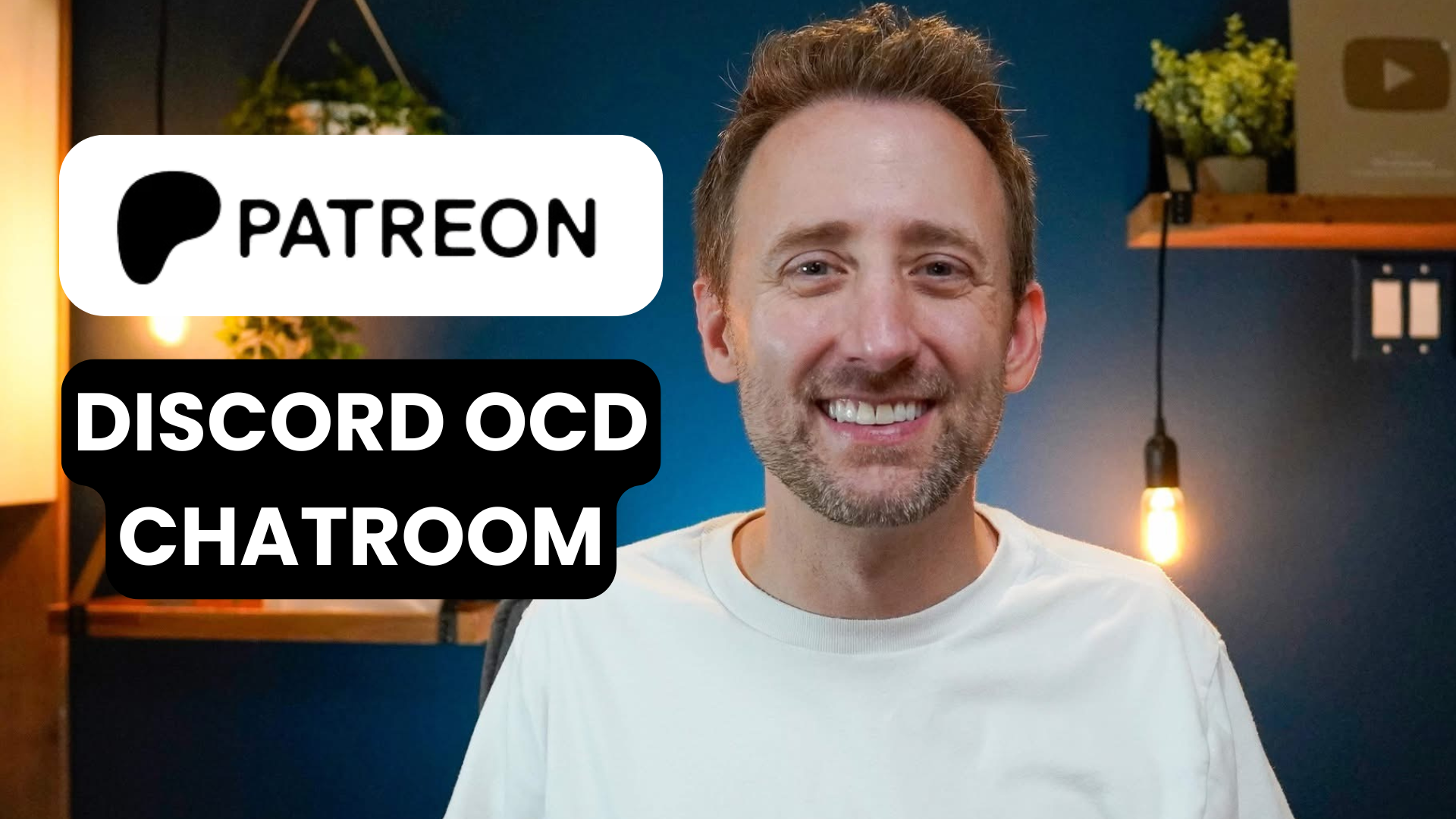Relationship OCD Is Not Just Doubt – Let’s Break the Myths
Jul 15, 2025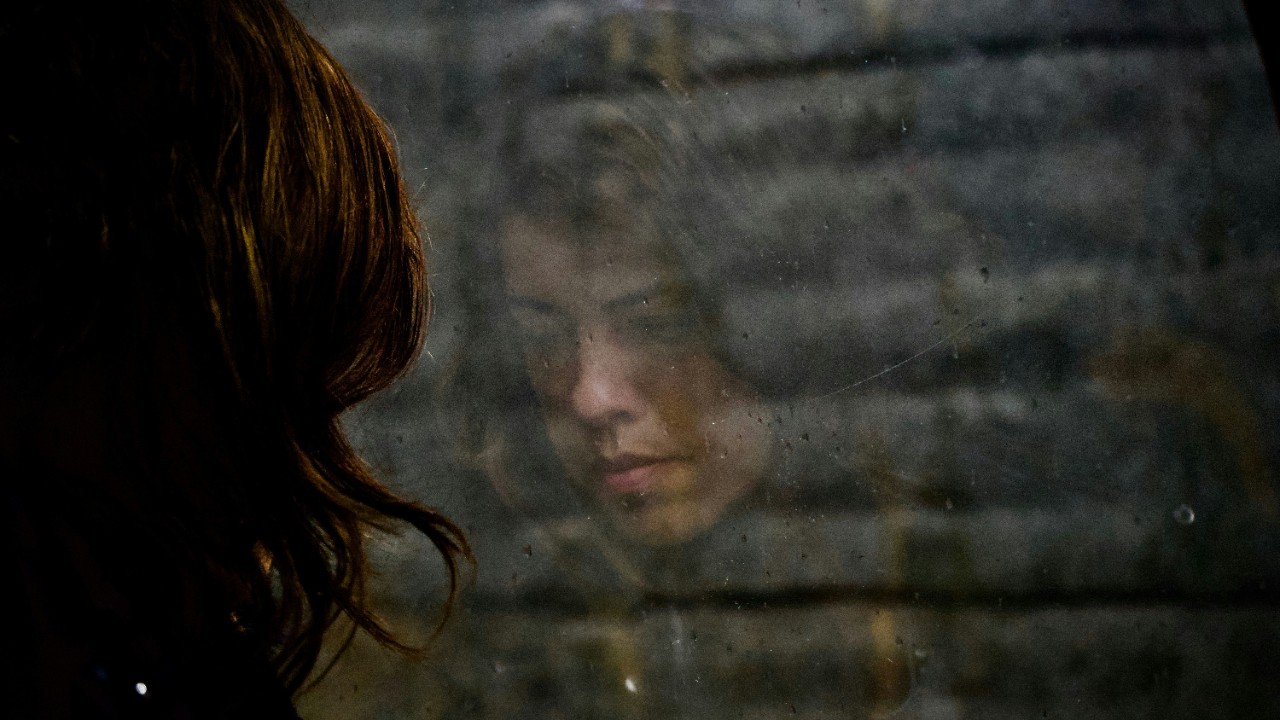
Relationship OCD, or ROCD, is one of the most misunderstood forms of OCD. People often confuse it with regular relationship doubts. But ROCD is not about being unsure in love—it's a mental health condition. Today, let’s bust some common myths about Relationship OCD.
Myth 1: “Everyone has relationship doubts, so ROCD is normal.”
Bluster:
Yes, people have doubts sometimes. But ROCD is not just regular worry. It's obsessive. It repeats. The thoughts don’t go away with logic or reassurance. A person with ROCD might spend hours thinking: “Do I really love my partner?” or “Are they the one?” even if everything in the relationship is fine. These thoughts bring distress, not clarity.
Myth 2: “If you’re questioning your relationship, maybe it’s not right.”
Bluster:
This is one of the most harmful myths. ROCD doesn’t mean your relationship is bad. It means your brain is stuck in a loop of what ifs. People with ROCD often feel like something is wrong even when they know their partner is loving and caring. It's OCD tricking the brain—just like contamination OCD makes someone fear dirt even if they’re clean.
Myth 3: “You just need to talk it out or get relationship advice.”
Bluster:
Advice from friends or Google won’t help. In fact, it often makes things worse. People with ROCD may constantly seek reassurance: “Do you think I love them enough?” or “What if I find someone better?” Reassurance may feel good for a moment, but soon the doubt returns. This cycle needs OCD treatment, not relationship coaching.
Myth 4: “ROCD means you’re selfish or not capable of love.”
Bluster:
Not true at all. ROCD doesn’t mean you lack love. It means your brain won’t let you feel it clearly. People with ROCD deeply care about their partner. They’re often kind, committed, and emotional—but stuck in fear. It’s the OCD that causes confusion, not their heart.
Final Word:
Relationship OCD is real. It’s not about bad relationships or being unsure. It’s about intrusive thoughts, mental compulsions, and anxiety. Like any other OCD type, ROCD is treatable—with the right support and therapy.
Let’s stop blaming love and start understanding the mind.



